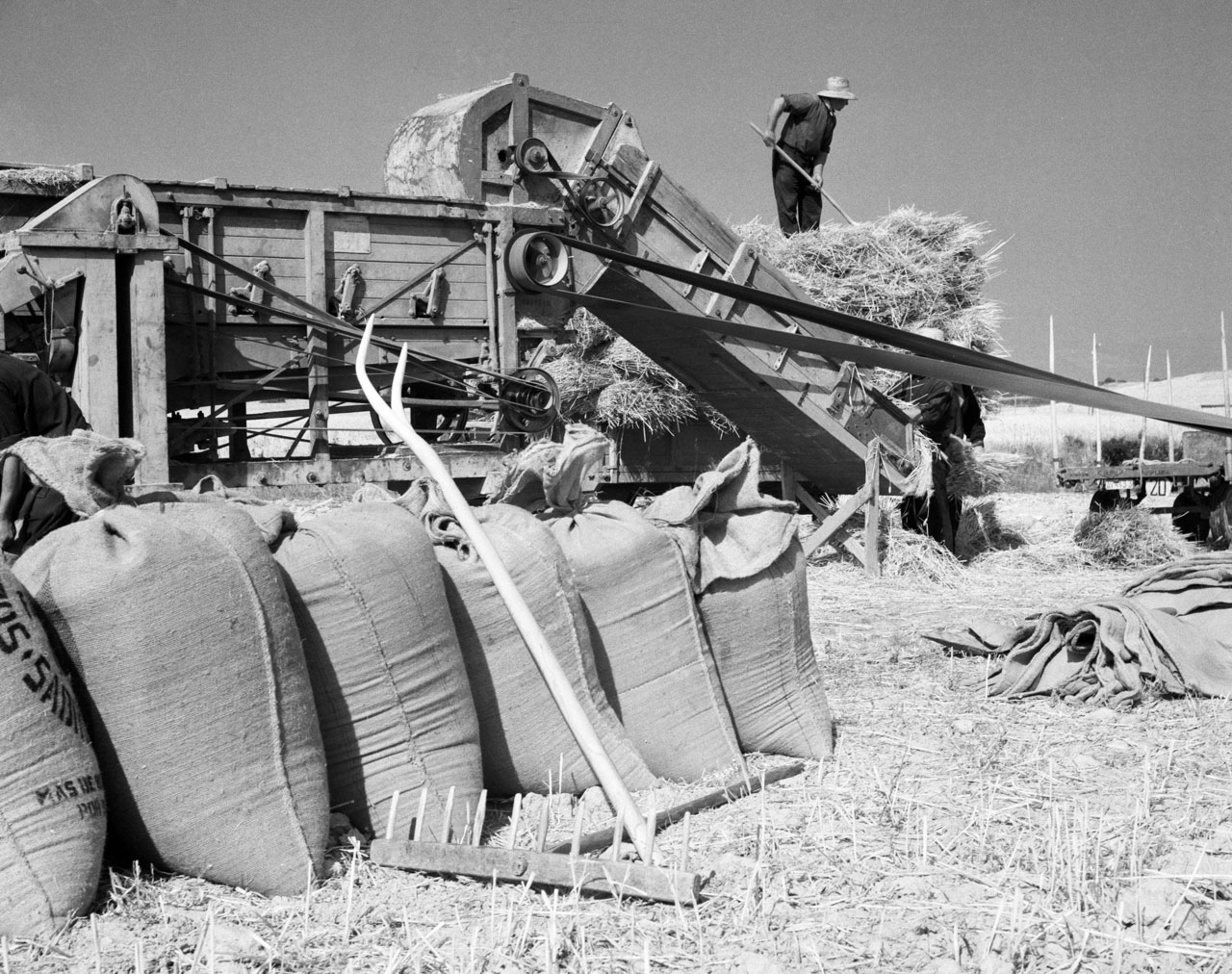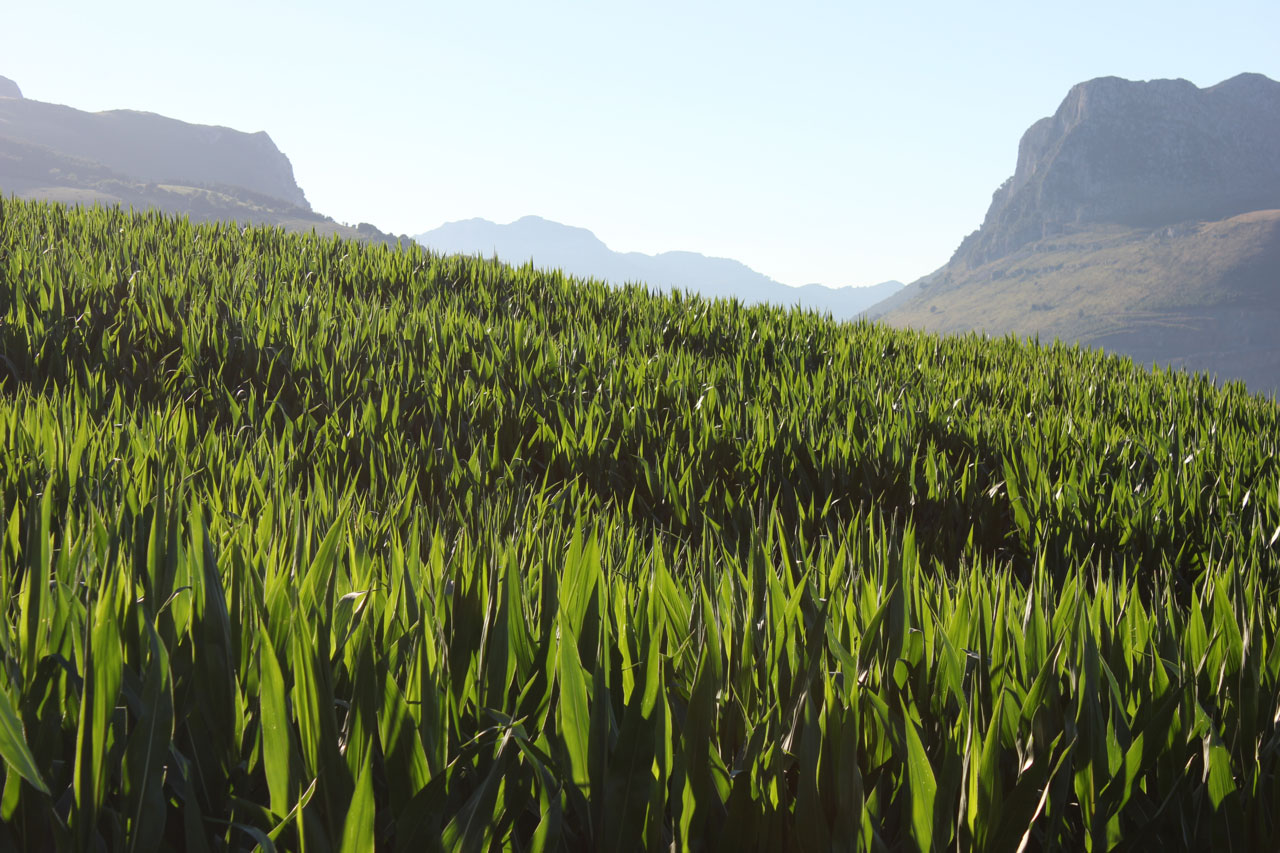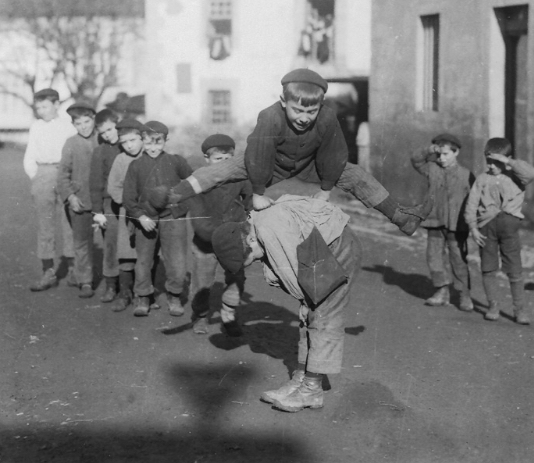Diferencia entre revisiones de «Agricultura en vasconia/en»
De Atlas Etnográfico de Vasconia
| Línea 1: | Línea 1: | ||
<languages></languages> | <languages></languages> | ||
| + | [[File:AGRICULTURA_PORTADA.jpg|center|650px|Vecinos trabajando en las eras. Alegría-Dulantzi (A), c. 1940. Fuente: Archivo Municipal de Vitoria-Gasteiz. Foto Enrique Guinea.]] | ||
| + | |||
_LABAYRU_LANDING_ | _LABAYRU_LANDING_ | ||
==[landing]== | ==[landing]== | ||
| − | ===[agricultura|Agriculture in the Basque Country|/atlas/agricultura.png| | + | ===[agricultura|Agriculture in the Basque Country|/atlas/agricultura.png|La agricultura tradicional como modo de vida, estrechamente relacionado con la ganadería, y las transformaciones que ha experimentado.]=== |
| − | |||
====[ Agricultura_en_vasconia | Agriculture in the Basque Country]==== | ====[ Agricultura_en_vasconia | Agriculture in the Basque Country]==== | ||
====[/atlas/agricultura/Andreak-asto-gainean-astotzarekin.jpg|Milk-women. Source: Ecclesiastical Historical Archive of Bizkaia: Sanctuary of Urkiola Collection.|Our rural folk and our ancestors knew and practised agriculture on a more human scale and from a more holistic approach; it is not only the yield that matters, but also the complex network of physical factors and human beings involved in an activity that is actually based on cultivating the life that feeds us.||ENLACE]==== | ====[/atlas/agricultura/Andreak-asto-gainean-astotzarekin.jpg|Milk-women. Source: Ecclesiastical Historical Archive of Bizkaia: Sanctuary of Urkiola Collection.|Our rural folk and our ancestors knew and practised agriculture on a more human scale and from a more holistic approach; it is not only the yield that matters, but also the complex network of physical factors and human beings involved in an activity that is actually based on cultivating the life that feeds us.||ENLACE]==== | ||
| − | ====[/atlas/agricultura/Acarreando-hierba-verde-Carranza-1977.jpg| | + | ====[/atlas/agricultura/Acarreando-hierba-verde-Carranza-1977.jpg|Acarreando hierba verde. Carranza (B), 1977. Fuente: Miguel Sabino Díaz, Grupos Etniker Euskalerria.|Este saber [agrícola tradicional] nacía del profundo vínculo que se establecía con la tierra, y es que en una economía basada en el autoabastecimiento no cabía más posibilidad que ser respetuoso con la misma.||ENLACE]==== |
| − | ====[/atlas/agricultura/Vinedo-de-Obanos-2011.jpg| | + | ====[/atlas/agricultura/Vinedo-de-Obanos-2011.jpg|Viñedo de Obanos (N), 2011. Fuente: M.ª Amor Beguiristain, Grupos Etniker Euskalerria.|Tente nublo, tente en ti,<br />no te caigas sobre mí,<br />guarda el pan, guarda el vino,<br />guarda los campos que están floridos.<br />Conjuro contra nublados||ENLACE]==== |
| − | ====[/atlas/agricultura/Siega-de-trigo-Gesaltza-1950.jpg| | + | ====[/atlas/agricultura/Siega-de-trigo-Gesaltza-1950.jpg|Siega de trigo. Gesaltza (G), c. 1950. Fuente: Archivo Municipal de Vitoria-Gasteiz: Enrique Guinea.|Satsitu ta jorratu ta garia hartu. Estercolar y escardar y recoger trigo.||ENLACE]==== |
| − | ====[/atlas/agricultura/Desgranando-semilla-Zerain-1961.jpg| | + | ====[/atlas/agricultura/Desgranando-semilla-Zerain-1961.jpg|Desgranando semilla. Zerain (G), 1961. Fuente: Karmele Goñi, Grupos Etniker Euskalerria.|La selección de semillas ha sido de siempre una actividad fundamental. De cada cosecha se elegía la mejor semilla, para conservarla y utilizarla en la siguiente siembra.||ENLACE]==== |
| − | ====[/atlas/agricultura/Laietan-Zeanurin-1920.jpg| | + | ====[/atlas/agricultura/Laietan-Zeanurin-1920.jpg|Laietan Zeanurin (B), 1920. Fuente: Archivo Fotográfico Labayru Fundazioa: Fondo Felipe Manterola.|Las layas, los arados, las rastras, las hoces, las guadañas y los trillos eran los útiles imprescindibles para los trabajos agrícolas.||ENLACE]==== |
| − | ====[/atlas/agricultura/Acarreo-de-los-haces-de-trigo-1940.jpg| | + | ====[/atlas/agricultura/Acarreo-de-los-haces-de-trigo-1940.jpg|Acarreo de los haces de trigo. Álava, c. 1940. Fuente: Archivo Municipal de Vitoria-Gasteiz: Enrique Guinea.|Tanto la fuerza humana como la animal, hasta la introducción de la maquinaria moderna, han tenido una influencia decisiva en la forma de trabajar y en los cultivos.||ENLACE]==== |
| − | ====[/atlas/agricultura/Recoleccion-de-oliva-a-ordeno-Moreda-2015.jpg| | + | ====[/atlas/agricultura/Recoleccion-de-oliva-a-ordeno-Moreda-2015.jpg|Recoleccion de oliva a ordeño. Moreda (A), 2015. Fuente: José Ángel Chasco, Grupos Etniker Euskalerria.|Uzta garaian lokartzen, miserian irazartzen. El que duerme en tiempo de cosecha se despierta en la miseria.||ENLACE]==== |
| − | ====[/atlas/agricultura/Utillaje-para-trabajar-el-lino-Zeanuri-1931.jpg| | + | ====[/atlas/agricultura/Utillaje-para-trabajar-el-lino-Zeanuri-1931.jpg|Utillaje para trabajar el lino. Zeanuri (B), 1931. Fuente: Archivo Fotográfico Labayru Fundazioa: Fondo Felipe Manterola.|Linoaren atsekabeak, amaigabeak. El trabajo del lino no es fino.||ENLACE]==== |
====[/atlas/agricultura/Maizal.-Carranza--2016.jpg|Maizal. Carranza (B), 2016. Fuente: Luis Manuel Peña, Grupos Etniker Euskalerria.|San Jurgi, artoak ereiteko goizegi; San Markos, artoak ereinda balegoz. Para sembrar el maíz, el día de San Jorge es temprano, y el día de San Marcos es ya tarde.||ENLACE]==== | ====[/atlas/agricultura/Maizal.-Carranza--2016.jpg|Maizal. Carranza (B), 2016. Fuente: Luis Manuel Peña, Grupos Etniker Euskalerria.|San Jurgi, artoak ereiteko goizegi; San Markos, artoak ereinda balegoz. Para sembrar el maíz, el día de San Jorge es temprano, y el día de San Marcos es ya tarde.||ENLACE]==== | ||
| Línea 35: | Línea 36: | ||
====[/atlas/agricultura/Descargando-el-grano-en-el-remolque-Argandona-2003.jpg|Descargando el grano en el remolque. Argandoña (A), 2003. Fuente: Juan José Galdos, Grupos Etniker Euskalerria.|Ezkur urte, labor urte. Año de bellota, año de bienes.||ENLACE]==== | ====[/atlas/agricultura/Descargando-el-grano-en-el-remolque-Argandona-2003.jpg|Descargando el grano en el remolque. Argandoña (A), 2003. Fuente: Juan José Galdos, Grupos Etniker Euskalerria.|Ezkur urte, labor urte. Año de bellota, año de bienes.||ENLACE]==== | ||
| + | |||
| + | ==[related]== | ||
| + | ===Entradas destacadas=== | ||
| + | ====[/irontec/categorias/libro-agricultura.png|Agricultura en vasconia|La zona azial del Pirineo vasco retiene el dédalo de sus pliegues ciertos rasgos|ENLACE]==== | ||
| + | ====[/irontec/categorias/libro-agricultura.png|Agricultura en vasconia|La zona azial del Pirineo vasco retiene el dédalo de sus pliegues ciertos rasgos|ENLACE]==== | ||
| + | |||
| + | ====[/irontec/categorias/libro-agricultura.png|Agricultura en vasconia|La zona azial del Pirineo vasco retiene el dédalo de sus pliegues ciertos rasgos|ENLACE]==== | ||
{{DISPLAYTITLE: Agriculture in the Basque Country}} {{#bookTitle:Agriculture in the Basque Country|Agricultura_en_vasconia/en}} | {{DISPLAYTITLE: Agriculture in the Basque Country}} {{#bookTitle:Agriculture in the Basque Country|Agricultura_en_vasconia/en}} | ||
Revisión del 11:25 20 ene 2020

Agriculture in the Basque Country
La agricultura tradicional como modo de vida, estrechamente relacionado con la ganadería, y las transformaciones que ha experimentado.
Trilladora y costales de trigo. Navarra, c. 1960. Fuente: Archivo Museo de Navarra: Fondo Nicolás Ardanaz.




